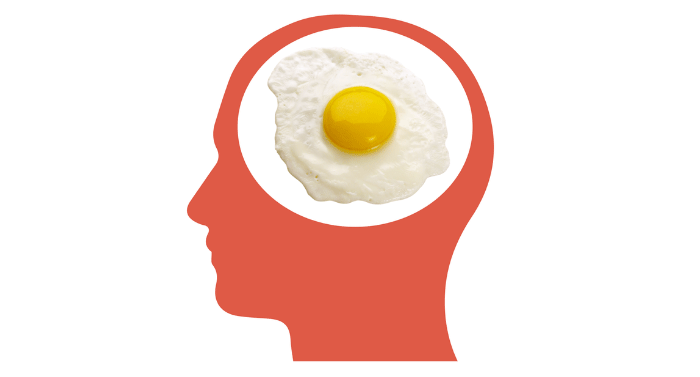
Ease Kids’ and Parental Anxiety Together After the Manchester Attack
May 31, 2017
New protocol should require consultation with a mental health specialist
July 18, 2017Three strategies to stay in control of your mood with your food
It’s easy to forget all the ways that food impact our bodies. Often the focus is on our exterior: how we look, what size clothes we wear, and the size of our muscles. Food affects not only our bodily functions but also our emotions. What we eat is linked to our mood; many times, mood is a result of our food choices.
This might seem like one more thing to worry about with food. But it’s actually empowering! Food can now serve as another tool and coping skill to manage our mood and mental health. And it’s not as difficult as it may seem.
Keep it simple. Pay attention to these three eating categories, which if kept in working balance, will give you a solid foundation that will keep the serotonin (the feel good chemical in your brain) pumping all day long!
1. Eat Protein. Lots of Protein.
Amino acids that make up proteins are the building blocks of neurotransmitters. The more high quality protein we can get in our diet, the better we are at supporting the production of our neurotransmitters. So load up on these healthy and filling protein choices:
Examples:
Animal meats - beef, chicken, turkey, fish, egg, dairy
Plant proteins - lentils, beans, nuts, quinoa, tofu, tempeh
2. Regulate your blood sugar
Our mood follows the levels of our blood sugar. Refined and low-nutrient carbohydrates spike our blood sugar, leading to a sharp drop within a few hours. When our blood sugar is low, we can feel lethargic, have difficulty concentrating, feel anxious or irritable, and experience cravings. Opt for carbs that are nutrient dense and high in fiber, as they will level out your blood sugar and keep you fuller longer. Consider adding some of these whole grains to your meals:
Examples:
Sweet potatoes, quinoa, brown rice, steel cut oats, whole grain bread/pasta
3. Pay attention to your gut
Improving digestion will help with absorption of nutrients needed to fuel the body’s internal functions. Serotonin, a neurotransmitter that aids in reducing depression and regulating anxiety, is actually found in our digestive system. Keep hydrated and try adding these probiotic or probiotic foods to enhance and support your gut function:
Examples:
Fermented foods (tempeh, kimchi), kefir, yogurt, kombucha
Getting started can be simple. Just start paying attention to how the foods you eat make you feel. Keep a food and mood diary so you can become aware of how they’re linked. The simple act of keeping a food diary (even without an intervention) is shown to improve positive food choices. Paying attention to these three categories will reduce mood swings and midday pitfalls and give you the stamina to relish in your awesome mood.




